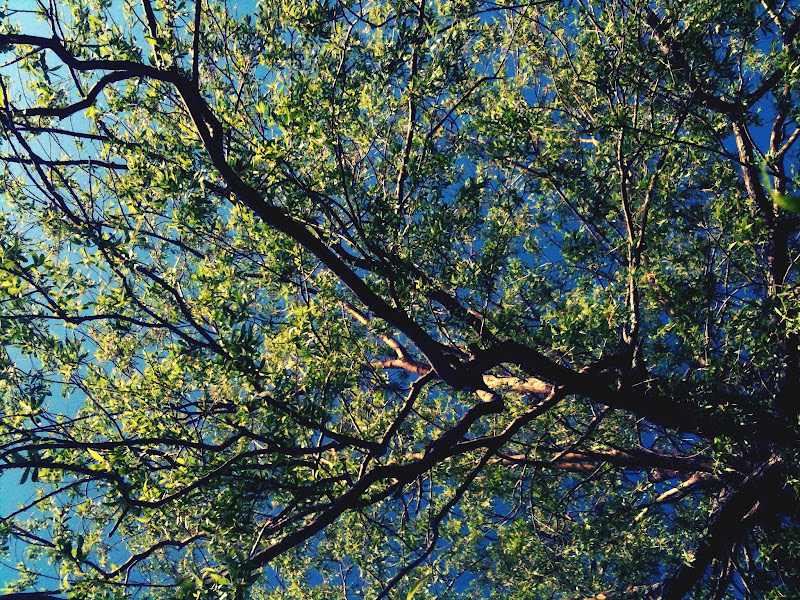
Staring at the yellow club bow tie resting just below my teacher's scrunched chin, I sat listening to his systematic dissection of my final high school paper. "Sentence five on page three uses the passive voice, you should know better," the infamous Clint Darling said stroking his immaculately trimmed goatee. Years earlier, as lore had it, Gus Van Sant had sat in the exact same chair, enduring similarly pedantic conversations. Inspired by these exchanges, Gus based the teacher's character in Finding Forrester after this very same English teacher.

Having been accepted to Colby a few weeks earlier, I sat pleasantly disconnected from the well-worn editions of Homer's Odyssey, Romeo and Juliet, and The Adventures of Huckleberry Finn stuffed into the built-in wooden cabinets. Like a snowboarder looking down from a fast moving chair at the long lines of Camelpack-wearing yahoos waiting their turn below, I glowed with a naive sense of accomplishment having made it through the gauntlet only to wait in a similar line after a brief ride down the mountain.

As if bringing a comma splice to my attention on page four, Clint chimed, "I don't think you're going to graduate from college." Pausing to look up from my paper long enough to capture the look of disbelief on my face, he added, "You are too used to getting by on talent alone and haven't figured out how to put in the work."
Before he could continue his would-be monologue, I fired back "Why do you say that?" buying time to formulate my pithy defense.

"As I said, you have figured out how to get by by relying on talent and perception more so than genuine hard work," he asserted, removing his wire brim glasses from the tip of his nose and letting them hang loosely from between his index finger and thumb.
"Excelling in the limited range of ability of academia is barely a test of one's hard work and resolve," I said, rocking forward and dropping the two front legs of my chair back on the floor with a thud.
Four years later I sat in my last class of college at 9:15 on a sunny Friday morning. Oscillating between hungover and my default school-time daydreams (perfected after 17 years of practice), and rambunctious at the prospect of leaving lecture for the last time, I felt the minutes drag on like a seven year old boy's sleepless Christmas Eve.
Viewing college as a much needed four years of excused unemployment necessary to explore passions more than the time needed to find a significant other from a painfully similar background and hopefully make inroads on a lucrative, consistent career, I set off from the onset to experiment. Not in the 1960s, Fear-and-Loathing-at-College way but in the what-keeps-me up-at-night-scheming way.
I tried trading stocks. I tried surfing in 36° weather. I dated blond girls from prep schools. I tried running a student laundry business. I tried selling shoes through Flight Club. I even tried to be a student. I tried taking pictures. I tried rowing. I tried to get better at telling stories.
Despite getting a handful of C-'s on both my academic and extracurricular endeavors, I kept going with the stubbornness of a poorly trained Jack Russell terrier. Slowly but surely refining my area of search, I continue to explore.

These photos were taken on Friday, May 7th with my iPhone 3Gs and Canon 5D Mark II.
Mark Twain once said, "Never let your schooling interfere with your education." I like this quote not because it takes a shot at academia but because it suggests that education is a long-term endeavor, limited by curiosity, not by time spent studying at a respected institution.
Stay curious.
Prepared by a youth spent tromping around the woods and mountains of the Pacific Northwest, I felt unfazed by numerous war stories from trustifarians at Colby and Bill Brison's comical account of his tribulations in the 100 Mile Wilderness.
Confused by the thin air and sparse environment, my mind bounced from place to place transcending time like a daydream. The wind whistled through rocks, rattling the small and tilting the tall signs in the same direction.




